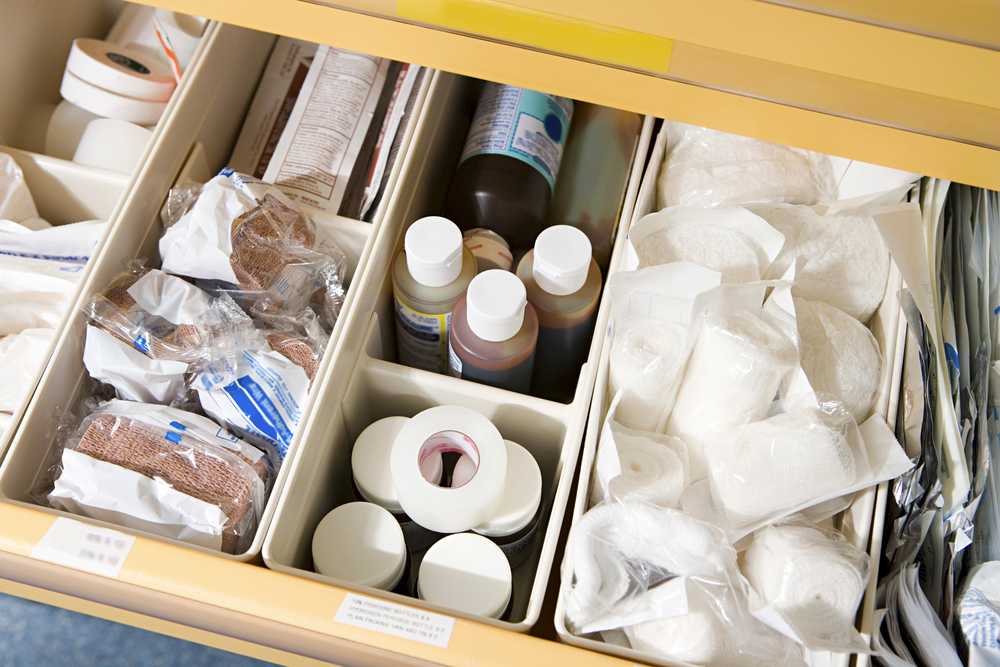After a devastating medical crisis, you may realize your home simply isn’t prepared for the recovery following a hospital stay. You may not even know where to start in order to get everything ready. You might even have a bevy of concerns around availability, shipping and cost. How on earth do you get started? A lot of things you cannot just jump on Amazon and order. You’re going to need to do some research to find a medical supplier for your family.
Determine What You Need
Every medical condition requires a different set of equipment, and medical suppliers run the gamut. They offer everything from ankle braces and foot supports to home hospital beds and wheelchairs. The question you need to start with is “What do I need?” Knowing that will be a guiding factor in all of the other considerations.
Make a list of everything that you may need and think about additional factors for those needs. For example, if you require a hospital bed, where are you going to put it? Will the person who needs the bed be close to a bathroom? If not, you’ll need to consider bathroom chairs or other facility type requirements. Talk to your doctor about your plan and what you or your loved one is going to need to be the most comfortable during their recovery.
How Will You Pay
When you already have mounting medical bills, it can be overwhelming to figure out how to pay for your supplies. The best first step? Call your insurance company. Insurance providers should have some suggestions and solutions to help you pay. Alternatively, consider renting equipment if you won’t need it long term. There are also programs out there to help support patients in getting essential medical equipment.
Research Quality Suppliers
If you search “medical suppliers” online, you’ll find dozens of companies vying for your buck. With so many options out there, how can you possibly find quality suppliers?
First, create a list based on your insurance company. Who will your insurance company directly pay? It’s unlikely they will pay everyone the same, so determine what in-network options are available.
Then, take that short list and take it to your doctor. Who have they worked with successfully? Is there a company that they had a bad interaction with (e.g., it took ages to get or the right supplies weren’t available)? Your doctor can be your liaison between you and the medical supplier. If they already have a solid relationship with a group, they are worth exploring.
Finally, ask social media. Reading through reviews, asking groups of individuals who have similar medical situations as you do and engaging on social media will give you a good idea of who works great and who doesn’t.
You Are Not Alone
Despite the logistics of making a shift to your lifestyle, accepting change can be difficult for anyone. Reach out for support through your medical care provider, social media groups or blogs. No matter what ailment you’re going through, you are not alone. There are others who are making similar shifts to their family and lifestyle as you are.




